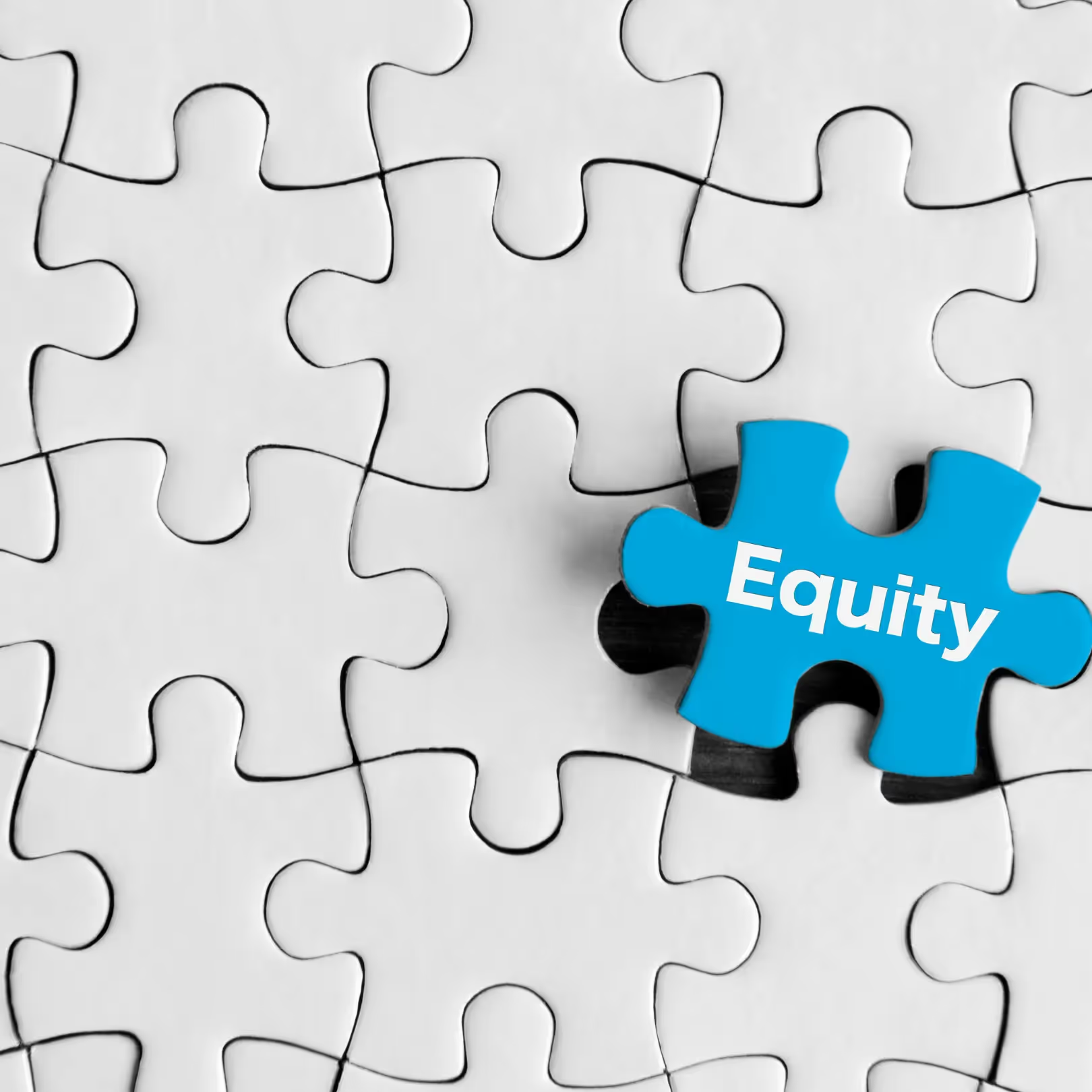The Grand Canyon of What I Need to Learn
February 28, 2020

On The Agony of Learning
I’m in a phase of learning where it all feels achy and painful and relentless. In the last few months, I’ve learned about myself as a leader—and have seen some big holes in my abilities. I’ve learned about myself as a coach and facilitator—and recognized a few remaining chasms in my skills. I’ve gained insight into myself as a writer—and hit brick wall after brick wall. It’s been a rough patch.
Learning is uncomfortable. We can learn when we recognize a gap between where we are and where we want to be—and it’s the awareness of that gap that can cause suffering. I can see the leader, facilitator, and writer that I want to be (over on the other side of the Grand Canyon of what I need to learn) and it’s painful. I want my growth to be fast and immediate.
But I’ve gone through rough learning patches before. I’ve written about those in my books, in an attempt, in part, to normalize the agony of learning and to remind you that when learning journeys are hard, it’s likely that there’s a lot to reap from the sweat and tears. I’ve written about those patches to point at some of the things that worked for me in the hopes that you might get insight about what can help you.
THREE CONDITIONS WHEN LEARNING HAPPENS
Here are three ways that I’ve learned to learn, three ways that in the past I closed gaps in my abilities: I’ve slowed down, I’ve gone deep, and I’ve learned with others. These are the conditions in which I’ve learned—and as a facilitator these are conditions which I strive to create for others who attend the learning spaces I create.
1) SLOW DOWN
Slowing down involves managing my expectations about what and how fast I’ll learn, and it involves literally slowing down. It means that when I read a book, I accept that although I might read it in a few days, I need a week or two to process it and find ways to apply the learnings. I need to talk with others about the book. I need to re-read sections over and over. I need to journal about the book and read what others have written about the book. Slowing down means that for every piece of input, I need three times the amount of time to digest and apply it for me to actually learn something. I like to gobble up input—but I forget a lot of it and it doesn’t actually result in any changes in what I do, think or feel. I’m prone to making too many goals, making too many commitments, and holding expectations of myself that are too big. Slowing down means being realistic about what I can really take in and do and committing to depth over breadth.
2) GO DEEP
My coaching skills got a whole lot better when I started sharing my practice with colleagues—when they observed me coaching and gave me feedback or when I recorded and transcribed conversations (with my client’s permission) and then got feedback from another coach. Often we’d only focus on one portion of the conversation and we’d dig deep into a question I’d asked and on the impact it had. That analysis would lead us into reflections on power dynamics and our roles and a whole lot of things—and it was those deep dives into my craft and into the specifics of what I said that propelled my coaching to a more refined level. (This insight into how I’ve learned is why I created the Coaching Catapult workshop—it’s a structured, rigorous way to deepen coaching skills). Click here to read about it – or click here to register to attend (space is extremely limited)
3) LEARN WITH OTHERS
I’m an introverted, self-directed person—and yet, there’s a big limit to what I can learn on my own. When I’m with others who are committed to their own learning and growth, my learning goes much farther and deeper than when I’m alone. Sometimes learning with others can be bumpy, but when purpose is clear, and when there are agreements and good communication skills, learning with others is catalytic. I am intentional about creating communities in which I can learn—I’m always seeking more people with whom I can learn. Yes, this means I’m also constantly confronting my own vulnerability and feeling squirmy about learning with others—and I remind myself that whenever I’ve had great learning leaps in the past, I’ve had those in community with others.
HOW CAN YOU SLOW DOWN, GO DEEPER, AND LEARN WITH OTHERS? WHAT MIGHT THIS MEAN FOR YOU?
Right now, I’m in the final weeks of revising Coaching for Equity (you can pre-order here). I can’t wait to share this with you and support you on your learning journey—it’ll be available in September. In the meantime, if you want to dive deeper into this content, I’m presenting my Coaching for Equity workshop in April in San Diego where you’ll get a first read of some of this book and you’ll get to try out some of the new tools I’ve created. Also: you’ll have an opportunity to slow down, go deep, and learn with others.
Keep Learning
- Have content just like this sent straight to your inbox. Subscribe to our Weekly Wisdom Newsletter
- Download our free self-reflection tool: Exploring Identity Markers
- Listen to Episode 143: Disrupting Racism in Equity Conversations
- Want to make every conversation an equity conversation? Attend our Coaching for Equity Workshop

.avif)
.avif)











